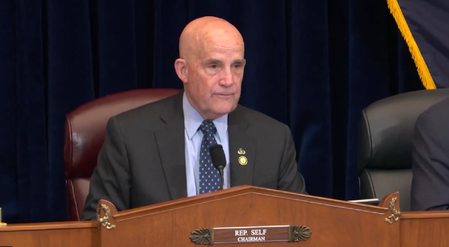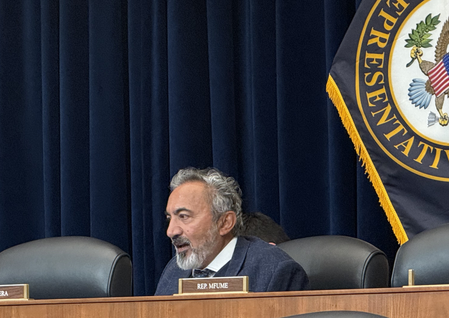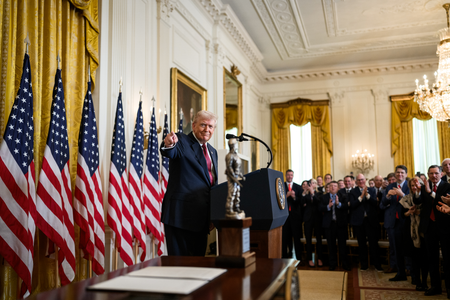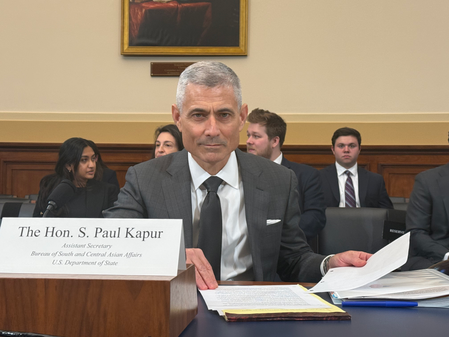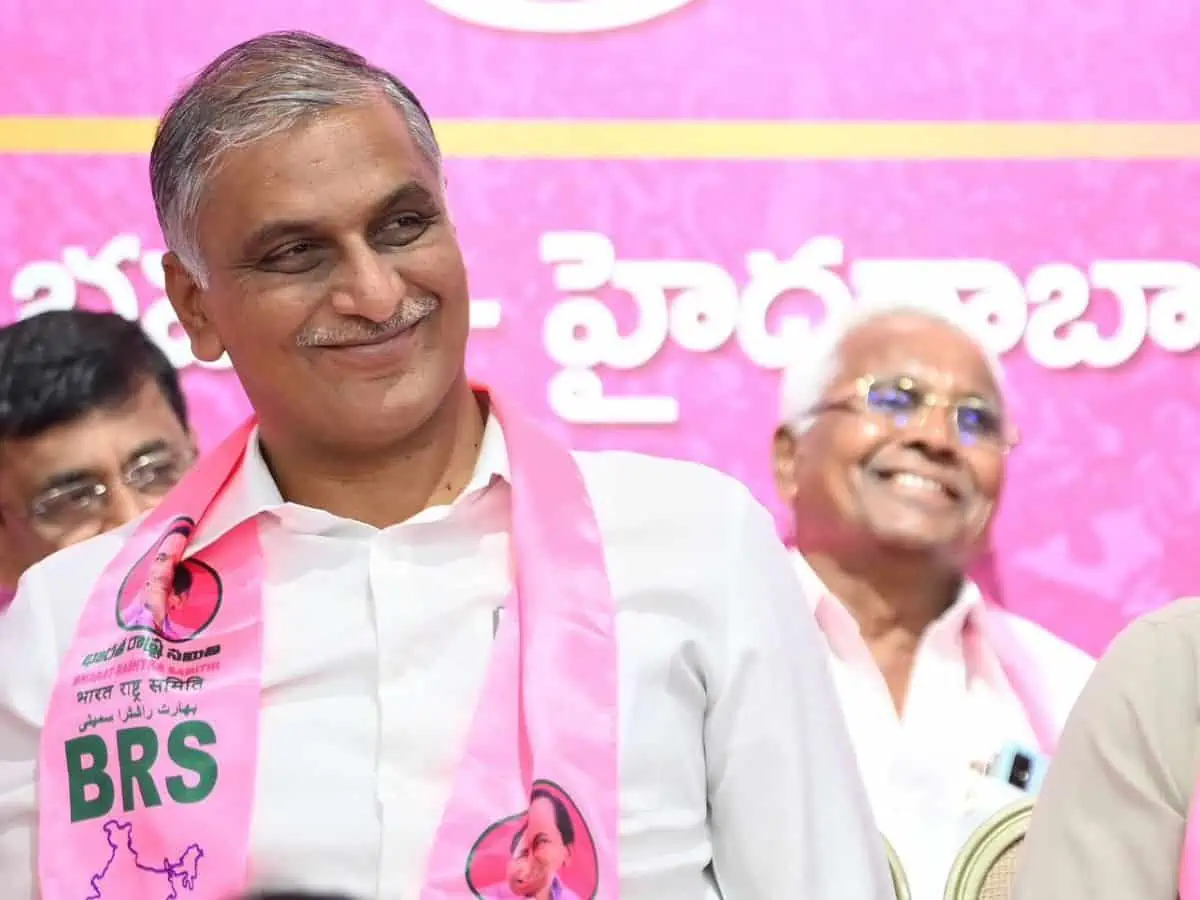
Hyderabad, 8th April 2024: In a recent turn of events, Harish Rao, a prominent political figure in the state, has launched scathing criticism against the Congress party’s distribution of Ramzan gifts. Rao, known for his vocal stance on political matters, has accused the opposition party of indulging in shallow tokenism rather than addressing substantive issues facing the Muslim community.
The Congress party’s tradition of distributing gifts during Ramzan is not new. It has been a customary practice aimed at fostering goodwill and rapport with the Muslim electorate. However, Rao’s critique brings to light deeper questions about the efficacy and sincerity of such gestures.
In a fiery speech at a public rally, Rao lambasted the Congress for what he perceives as exploiting religious sentiments for political gains. He argued that instead of focusing on meaningful policies and initiatives to uplift the marginalized sections of society, the Congress is resorting to superficial acts of generosity during religious festivals.
“It’s high time we move beyond mere symbolism and address the real issues faced by the Muslim community,” Rao declared, emphasizing the need for concrete measures to tackle poverty, unemployment, and lack of access to education and healthcare among minorities.
Rao’s remarks have sparked a heated debate within political circles. While some applaud his bold stance against what they view as political opportunism, others accuse him of playing divisive politics and attempting to score points ahead of the upcoming elections.
The timing of Rao’s criticism is significant, considering the heightened political atmosphere in the state. With elections looming on the horizon, political parties are leaving no stone unturned to woo voters across different communities.
However, amidst the political posturing and rhetoric, it is essential not to lose sight of the genuine concerns and aspirations of the people, particularly those from marginalized groups. The Muslim community, like any other, deserves policies and programs that address their socio-economic challenges in a holistic manner, rather than mere token gestures.
As the debate rages on, it remains to be seen whether Rao’s critique will lead to a more nuanced discussion on minority welfare and inclusive development or merely serve as fodder for partisan bickering. Ultimately, the litmus test for political leaders lies in their ability to translate words into action and bring about tangible change in the lives of the people they represent.



